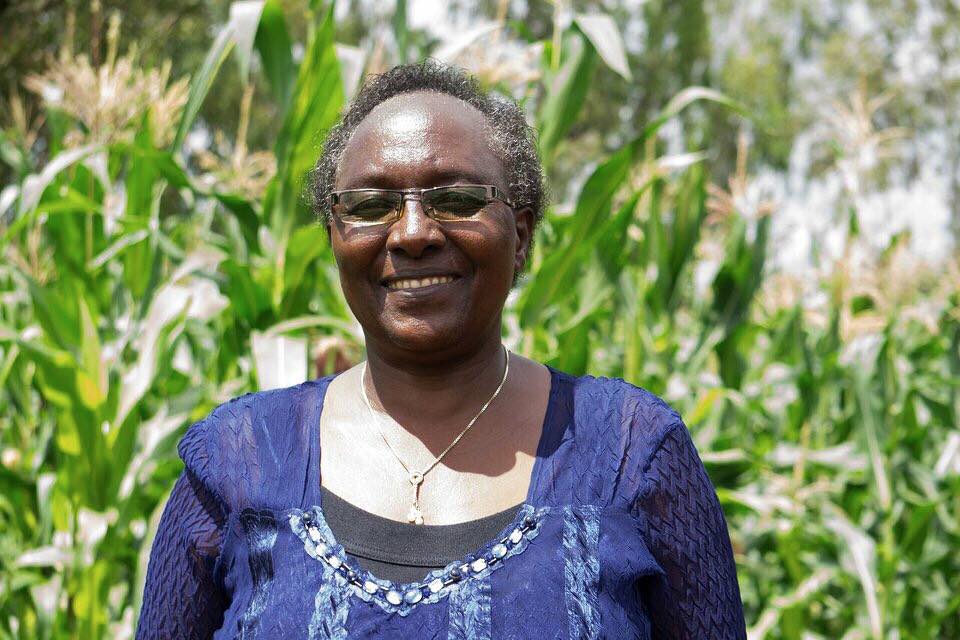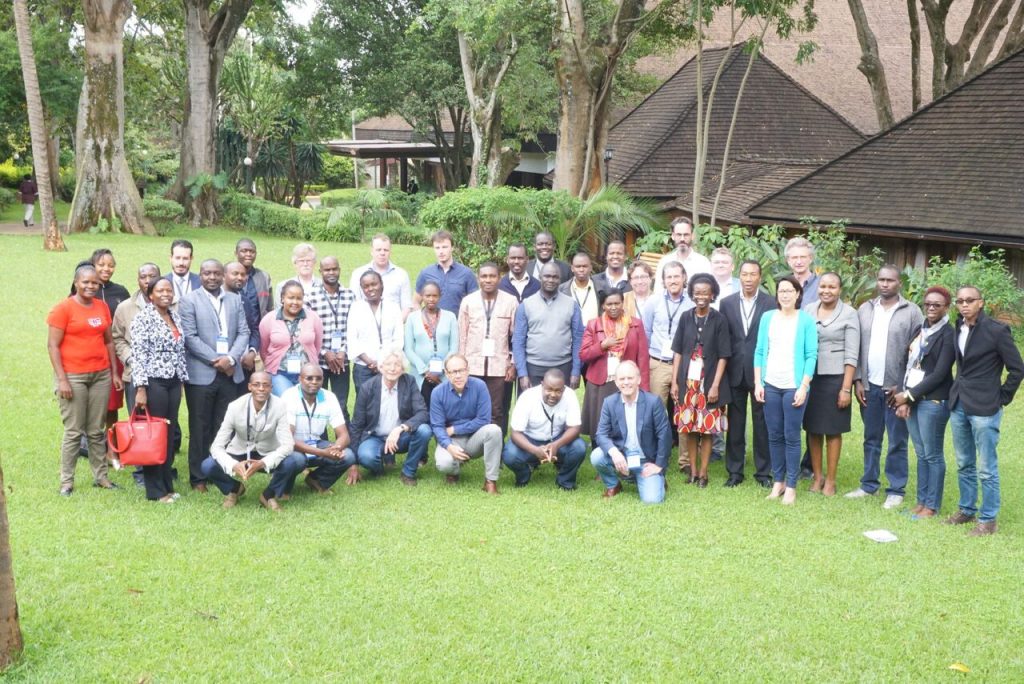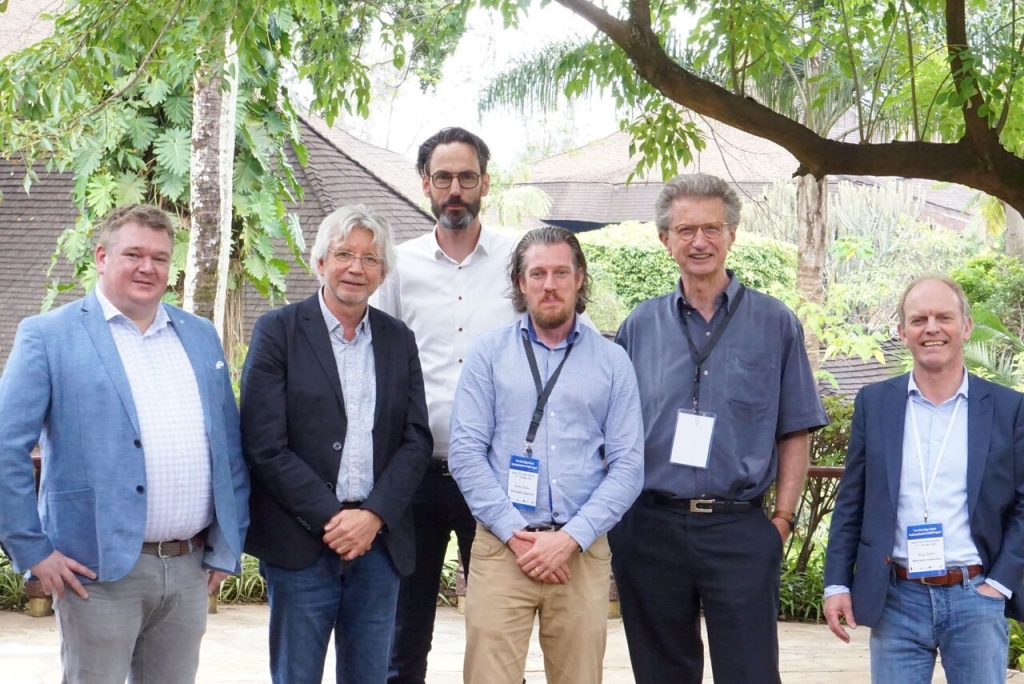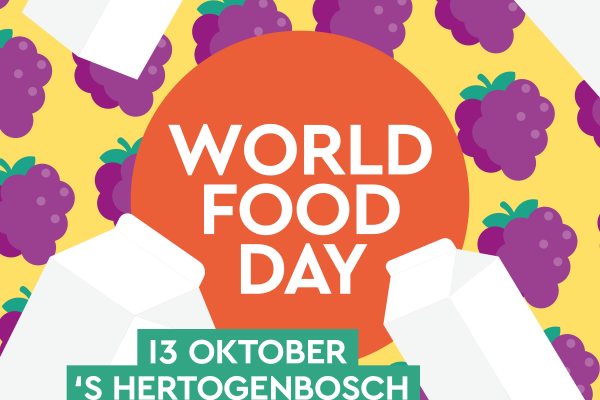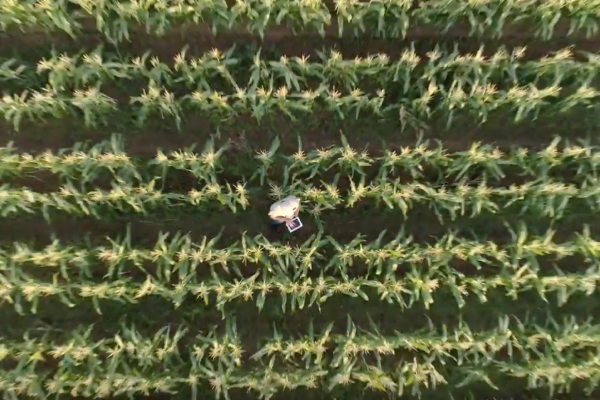Last week, Waterwatch Cooperative (WWC) travelled to Nairobi, Kenya to participate in various AgriFood related events and meetings. This summary will provide some of the promising progressions that are made.
Embu County
On the first day of our visit, we met with the Agricultural Department of Embu County. Agriculture is known to be the backbone of Kenya’s economy, which also applies to this area. The industry is however facing various challenges concerning the availability of water, the increased numbers of pests and diseases to crops, and excessive rains and prolonged dry seasons. WWC proposed a plan that will provide the right information at the right moment, helping farmers in Embu County to decide what to plant, when to take actions, and how to take actions. The decision-support service will be co-implemented by both WWC and our Belgium partner Vito.
AgriSpaces Nairobi
AgriSpaces Nairobi will be a Solutions Development Center where solutions are developed from ideation, and brought to scale. It will not just benefit the smallholder farmers, but should eventually benefit the entire value chain. Local input is therefore pivotal. This is why we met with various public and private organisations to build linkages among each other.
One of which includes our Kenyan partner Strathmore Business School in Nairobi. Over the last decade, the majority of the young generation does no longer pursue a job in agriculture anymore due to the hard work and often great risks in farming caused by climate change. The latest agricultural technologies can however make the sector attractive again. We have explored the opportunity to involve students in the establishment of AgriSpaces Nairobi, where they can potentially anticipate in courses, do research, and follow programs in relation to agricultural business.
Geodata for Agriculture and Water
The Geodata for Agriculture and Water (G4AW) program of the Netherlands Space Office organized a two-day workshop where – among WWC – various important (inter)national AgriFood organisations determined the necessary conditions to accelerate the integration of decision-support services based on satellite information. One prominent condition is that the alien-like technology can only be of value when it provides understandable information to – all – farmers. A proper business case is necessary to make the involved projects sustainable, one of which should be made for AgriSpaces Nairobi.
WWC hosted the second day of the G4AW workshop where all parties shared their expertise and knowledge to accelerate the implementation of AgriSpaces Nairobi by means of a Design Thinking Session. We received a lot of great input to further realize a successful market integration.
We are excited to start the implementation phase to turn all of this week’s expertise and ideas into practice. Also we would like to give a special thanks to Pauline Wambui for capturing this week’s activities with her lens!
- All partners of the Geodata for Agriculture and Water (G4AW)
- G4AW meeting

